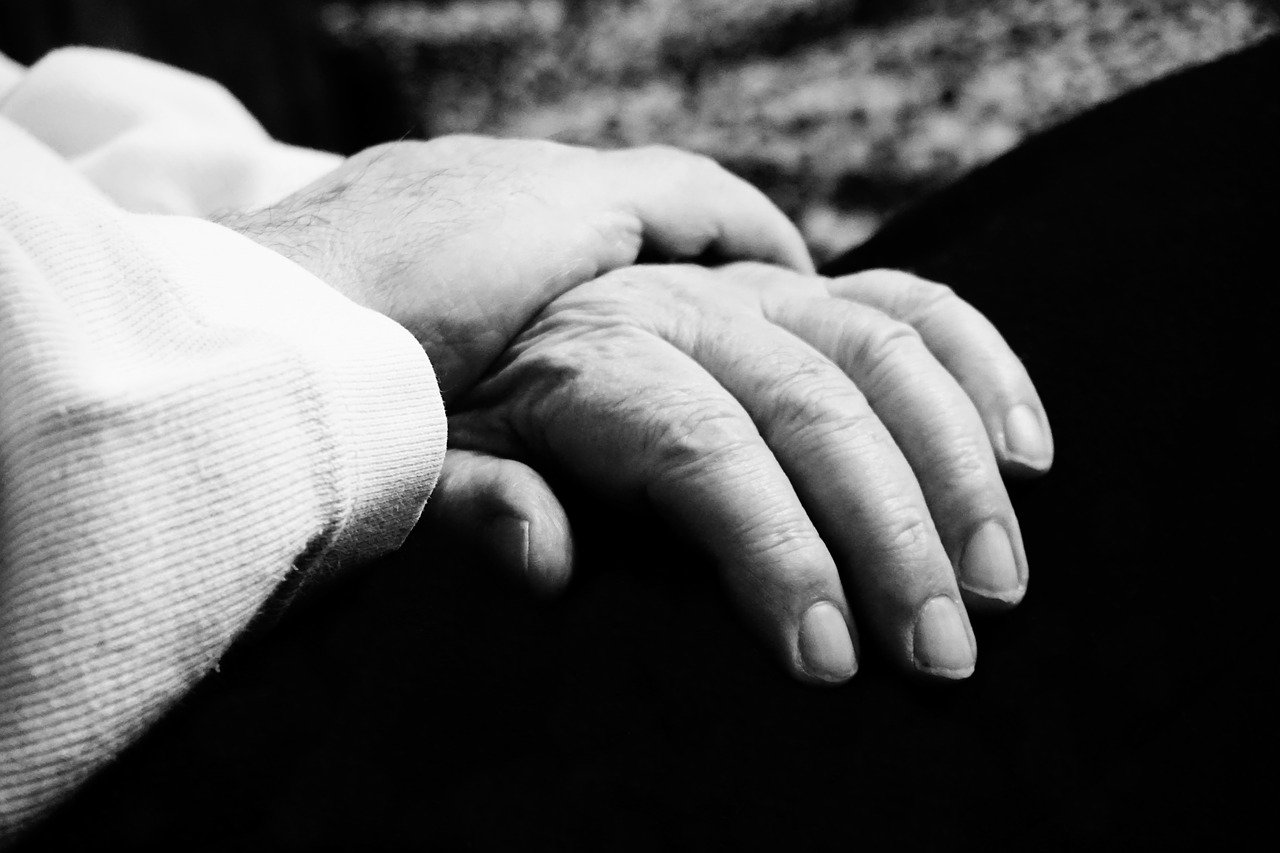In April 2020 researchers from the UK and Switzerland published the results of their study to assess the reasons for caregiver participation in a variety of activities and whether participation in, or abstention from these, affected the wellbeing of caregivers of individuals with Parkinson’s disease. The researchers stated that it is already known that psychosocial interventions, such as dance classes, improves the quality of life of individuals with Parkinson’s disease but few studies had looked at whether the caregiver could also derive any benefit. Information was collected via transcriptions of a focus group (two individuals with Parkinson’s disease and their carers) or via caregiver interview (eight carers). Following this 75 carers completed an online survey on activities they and the person they cared for participated in, as well as a questionnaire compiled to assess the caregiver’s level of wellbeing. Results showed that the carergiver generally tried to find a balance between caring for the person with Parkinson’s disease and participating in activities so their own needs could be fulfilled. Reasons given for participating in activities specifically for people with Parkinson’s disease included being able to socialise in a safe space where people understood what they were going through, as well as engaging in a physical activity of some sort that provided some respite distraction, such as dancing with others to music. Reasons for not participating in joint activities included generating time for themselves as well as increasing the independence of the person with Parkinson’s disease. A further analysis revealed that although the wellbeing of most caregivers was not compromised, there did appear to be a gender bias as more female caregivers reported lower wellbeing scores than male caregivers. Overall, 62% of caregivers participated in joint activities with the individual they were caring for. It was also noted that there was a significant association between non-participation in daily activities and stress levels for female carergivers only, and that the more independent the person with Parkinson’s disease, the lower the stress of the carergiver. The researchers concluded that carers of individuals with Parkinson’s disease may find a healthy balance in terms of their own wellbeing by jointly participating in two-thirds of activities while ensuring the remaining third is time reserved for themselves.
Prado L et al. Taking Time: A Mixed Methods Study of Parkinson’s Disease Caregiver Participation in Activities in Relation to Their Wellbeing. Parkinsons Dis. 2020 Apr 9;2020:7370810.

